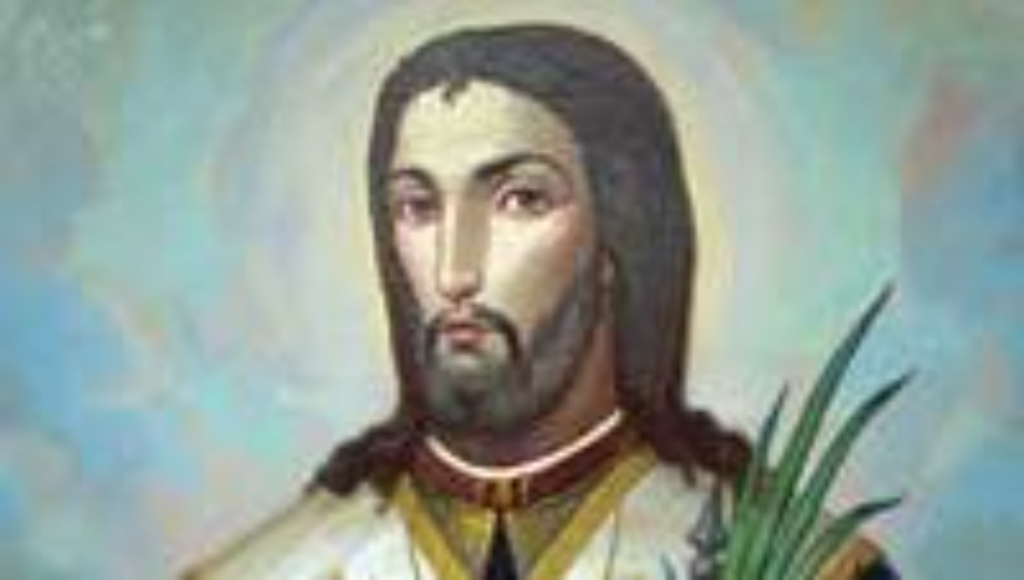St. Josaphat Kuntsevych was born in 1580 in Volhynia, Ukraine, and was baptized as “John.” His parents were Orthodox Christians, but their church had fallen out of communion with the Pope in Rome. Through the work of Latin missionaries, John’s Ruthenian Church reunited with the Pope in 1596.
John was trained as a merchant’s apprentice, but he felt a calling to the simple, spiritually rigorous life of a Byzantine monk, and entered a Ukrainian monastery in 1604, taking the name Josaphat.
Josaphat was made a priest, then an archbishop, working to reunify the Orthodox Church with the rest of the Catholic Church. He went barefoot, even in the winter, and always wore penitential garb. He was deeply concerned for the poor, and his example of piety and care for souls moved many to return to the Church.
However, not everyone in the area was pleased with Josaphat’s conversion efforts. In 1620, opponents began to consecrate and support a rival archbishop. Josaphat knew that many of the people of Vitebsk wanted him dead, and called them out on their ambushes and attacks, telling them he would be happy to give his life for them as a shepherd among them.
In 1623, he did give his life for his faith. An Orthodox priest assembled a mob in the town, and they came to Josaphat’s residence, demanding his life and threatening those who served with him. Josaphat died praying for his attackers even as they shot at him. He was beheaded, and his body dumped in a river.
Five years after his death, Josaphat’s incorrupt body was found. He was canonized in 1867.

